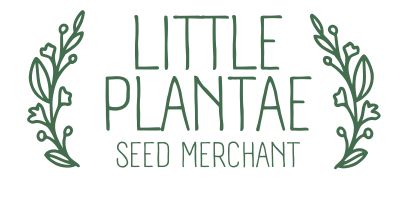Saving heirloom seeds in Australia can offer several benefits, both environmental and cultural. Here are some advantages:
Biodiversity Conservation: Heirloom seeds represent a diverse range of plant varieties that have been passed down through generations. By saving and planting these seeds, individuals contribute to the preservation of biodiversity, ensuring that a wide array of plant species and varieties are maintained.
Adaptability to Local Conditions: Heirloom seeds are often well-adapted to local climates and conditions. Through years of cultivation in specific regions, these seeds may have developed resilience to local pests, diseases, and weather patterns. Saving and replanting heirloom seeds can enhance crop adaptability and sustainability in the face of changing environmental conditions.
Preservation of Genetic Heritage: Heirloom seeds carry the genetic heritage of specific plant varieties, and saving them helps maintain the unique traits and characteristics of these plants. This preservation is crucial in the face of modern industrial agriculture, where a few commercially viable varieties often dominate, leading to a loss of genetic diversity.
Cultural Heritage: Heirloom seeds are often tied to cultural traditions and histories. Saving and sharing these seeds help preserve cultural heritage and traditional farming practices. It fosters a sense of connection to the land, history, and community.
Resilience in the Face of Climate Change: As the climate changes, having a diverse range of plant varieties becomes increasingly important. Heirloom seeds may possess traits that make them more resilient to extreme weather events, helping farmers and gardeners adapt to the challenges posed by climate change.
Cost-Effectiveness for Farmers and Gardeners: Saving and replanting heirloom seeds can be a cost-effective alternative for farmers and gardeners. Once seeds are saved, there is no need to purchase new seeds each season. This can be particularly beneficial for small-scale and subsistence farmers.
Support for Local Economies: Heirloom seed saving can contribute to local economies by encouraging local seed exchanges, farmers' markets, and community seed banks. This helps build a more sustainable and resilient local food system.
Taste and Nutrient Quality: Heirloom varieties are often valued for their superior taste and nutrient content compared to some modern commercial varieties bred for other traits like shelf life or transportation durability. Saving and planting these seeds can promote the production of more flavorful and nutritious crops.
Educational Opportunities: Heirloom seed saving provides educational opportunities for individuals to learn about plant biology, seed saving techniques, and sustainable agriculture. This knowledge transfer is vital for maintaining agricultural traditions and passing on essential skills to future generations.
Overall, heirloom seed saving in Australia contributes to environmental sustainability, cultural and social preservation, and the development of resilient and adaptive agricultural practices.

